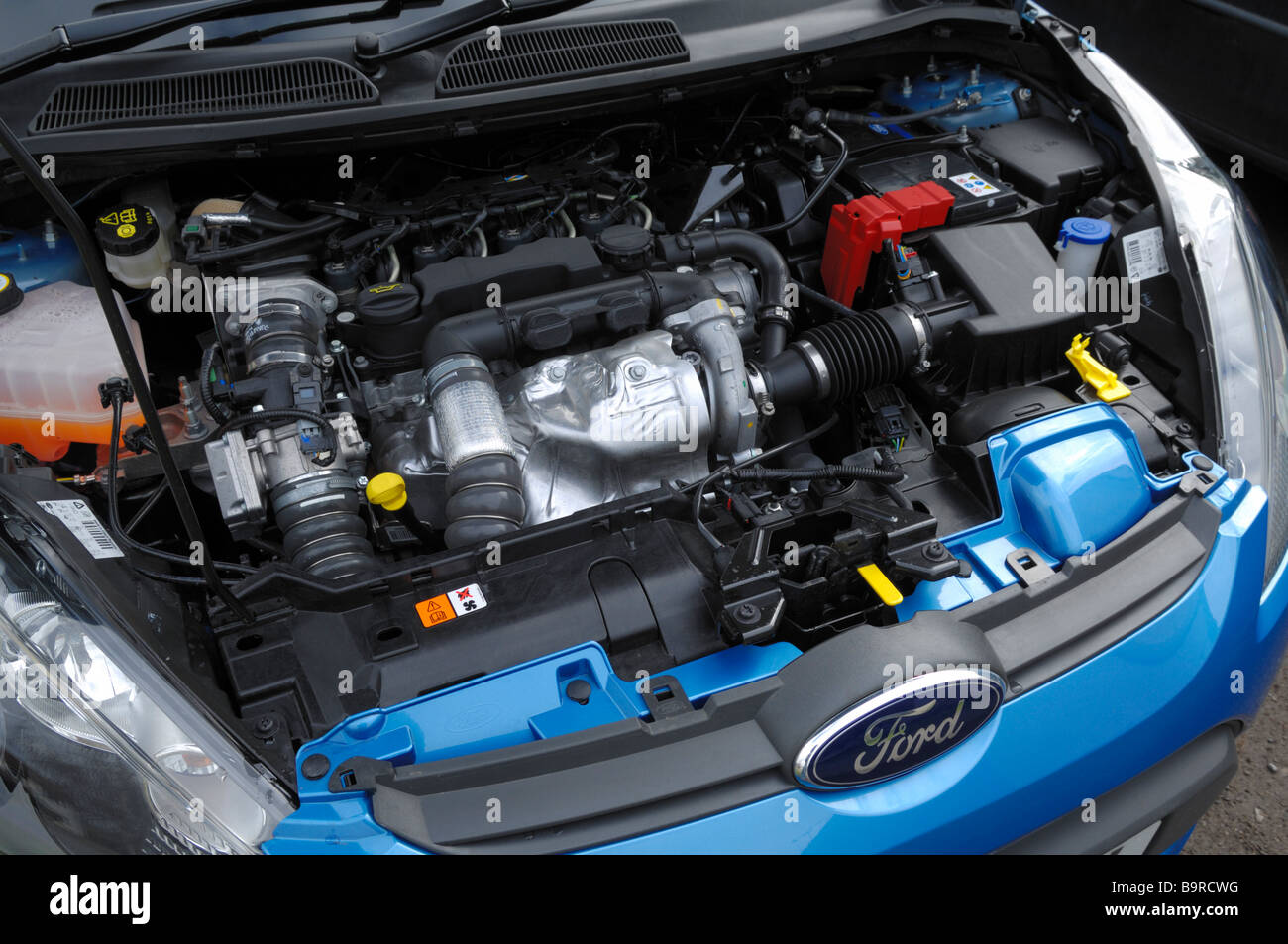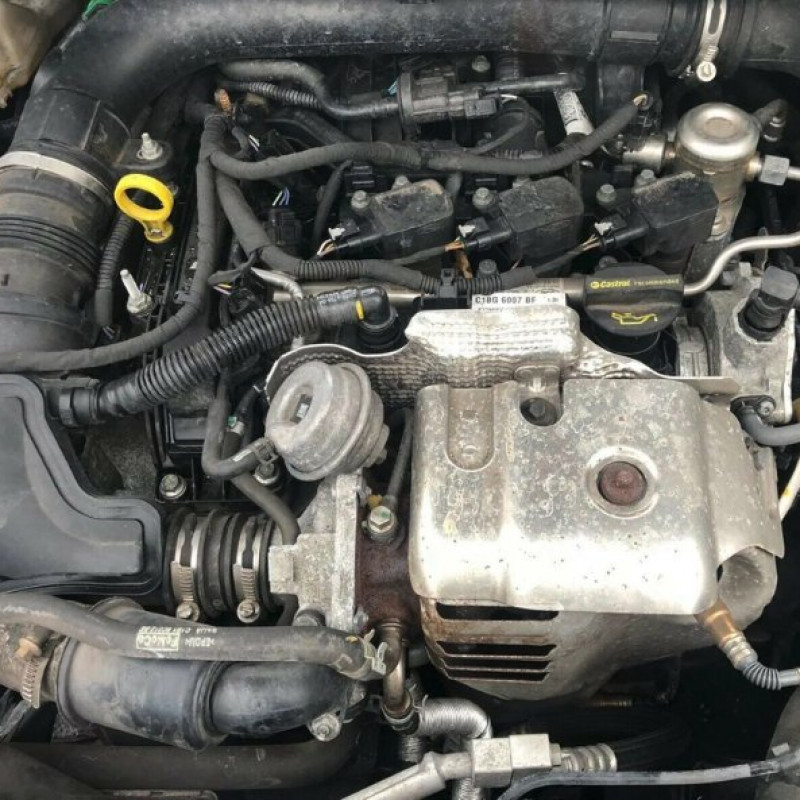The Future of Engines: Innovations Driving Lasting Power Solutions
As the automobile sector browses the critical transition towards sustainability, the future of engines is significantly specified by groundbreaking developments. Electric engine developments, alongside promising advancements in hydrogen fuel cells and biofuels, are reshaping the landscape of power services. The development of hybrid systems even more complicates this advancement, providing both obstacles and opportunities to reduce exhausts effectively. Paired with the combination of synthetic knowledge in engine layout, these technological strides raise critical inquiries regarding their long-term viability and influence on traditional paradigms. What might this suggest for the sector and consumers alike?
Electric Engine Advancement
The advancement of electric engine developments indicates a critical shift in the aerospace and automobile markets, driven by the urgent requirement for sustainable choices to fossil gas. This transition is defined by substantial improvements in battery technology, power electronics, and electric motor design, which jointly boost the performance and efficiency of electric engines.
Recent developments have actually caused the creation of lighter, a lot more energy-dense batteries, such as lithium-silicon and solid-state batteries, which guarantee longer ranges and shorter billing times. Furthermore, improvements in electric motor effectiveness, such as making use of irreversible magnets and advanced cooling systems, enable electric engines to operate efficiently under differing conditions. These enhancements not only improve lorry efficiency however likewise contribute to a reduction in general power intake.
Furthermore, the assimilation of innovative software application algorithms has actually maximized energy management in electric lorries, permitting for regenerative stopping and predictive billing approaches. As suppliers significantly embrace electric propulsion, the aerospace and automotive markets are observing a standard change towards greener technologies. This advancement not only satisfies regulatory needs however likewise aligns with consumer choices for eco pleasant transport options, strengthening electric engines as a cornerstone of future sustainable mobility.
Improvements in Biofuels
As the aerospace and auto industries progressively prioritize sustainable power sources, improvements in biofuels become a complementary service to electrical engines. Biofuels, stemmed from natural products such as crops, waste, and algae, provide an ingenious method for minimizing greenhouse gas discharges and dependence on fossil gas.
Current research study has actually focused on enhancing the effectiveness and sustainability of biofuel production. Second-generation biofuels make use of non-food feedstocks, minimizing competitors with food supply and reducing environmental effect. Improvements in synthetic biology have actually made it possible for the design of bacteria to generate biofuels more efficiently, leading to greater yields and reduced production costs.
Furthermore, the advancement of drop-in biofuels permits for smooth combination into existing facilities, enabling a smoother shift for sectors typically based on fossil gas. ford fiesta engine. These gas can be utilized in existing engines without modifications, promoting their fostering across numerous markets
Investments in biofuel innovation, in addition to helpful plans, are important to drive development and scalability. As the international area seeks to fight environment modification, biofuels use a practical, prompt service that aligns with the overarching goal of sustainability in transportation and aeronautics.
Hydrogen Gas Cell Modern Technology
An expanding number of companies and scientists are discovering hydrogen fuel cell technology as a viable alternative to standard source of power in transport and power systems. This innovation transforms chemical energy from hydrogen right into electrical power via an electrochemical reaction, with water as the only by-product, making it an environmentally pleasant alternative.
The core of hydrogen fuel cells is the gas cell pile, where hydrogen molecules are split into protons and electrons. The flow of electrons generates electrical energy, while protons relocate via a membrane layer to incorporate with oxygen from the air, developing water. This procedure results in high performance and low exhausts, positioning hydrogen gas cells as an essential player in the change to sustainable energy.
Considerable developments have actually been made in improving the sturdiness and efficiency of fuel cells, along with minimizing costs through ingenious production strategies. The development of hydrogen manufacturing techniques, such as electrolysis powered by renewable power resources, enhances the sustainability of the general system. As framework for hydrogen refueling expands and manufacturing methods end up navigate here being extra efficient, hydrogen fuel cell technology holds fantastic assurance for decarbonizing different markets, including durable transport and stationary power generation.
Hybrid Equipments and Their Effect
Crossbreed systems stand for a substantial development in lasting engine innovation, combining standard interior burning engines with electric propulsion to maximize energy efficiency and decrease discharges (ford fiesta engine). This double method allows automobiles to make use of both source of power, allowing greater adaptability in power intake and minimizing dependence on nonrenewable fuel sources

In enhancement to environmental advantages, hybrid systems supply consumers a practical transition towards completely electrical vehicles. They alleviate array anxiety by combining the benefit of fuel with the advantages of electrical propulsion, making them an eye-catching option for a larger target market. As producers purchase hybrid innovation, the development of advanced battery systems and light-weight materials continues to improve efficiency. On the whole, hybrid systems stand for a critical action in the direction of accomplishing lasting transportation and addressing the urgent demand for eco-friendly power services.
The Duty of AI in Engine Layout
Leveraging advanced formulas and artificial intelligence strategies, the automobile market is progressively incorporating artificial intelligence (AI) into engine design processes. AI improves the performance and effectiveness of layout by evaluating vast datasets to identify ideal arrangements and efficiency criteria. This capability allows designers to replicate different operating conditions and predict engine actions under several circumstances, considerably decreasing the moment and cost connected with typical prototyping methods.
Additionally, AI facilitates the growth of advanced materials and burning processes customized for sustainability. By maximizing fuel performance and minimizing exhausts, AI-driven styles line up with worldwide initiatives aimed at decreasing the carbon impact of auto engines. Machine learning formulas can likewise predict maintenance requirements, leading to enhanced integrity and longevity of engine parts.
Additionally, AI is crucial in the combination of electrification technologies, such as hybrid systems, where it can enhance battery administration and power healing processes. As the sector moves towards even more lasting power remedies, the duty of AI in engine style becomes significantly crucial, driving innovation and enhancing the efficiency of future engines. Inevitably, the collaboration between AI and engine style proclaims a new period of smarter, cleaner, and more efficient vehicle modern technologies.

Conclusion
To conclude, the future of engines is being shaped by a convergence of ingenious technologies that prioritize sustainability. Electric engine advancements, biofuel advancements, hydrogen gas cells, and hybrid systems jointly add to a significant reduction Get the facts in discharges and environmental impact. Additionally, the integration of synthetic knowledge in engine layout boosts efficiency and efficiency. These transformative solutions emphasize a dedication to producing a cleaner, a lot more sustainable vehicle landscape, inevitably profiting both society and the atmosphere.
Electric engine improvements, together with encouraging advancements in hydrogen gas cells and biofuels, are improving the landscape of power services. In addition, renovations in electric motor effectiveness, such as the usage of long-term magnets and advanced cooling down systems, allow electrical engines to operate successfully under varying problems. By optimizing fuel efficiency and lessening discharges, AI-driven styles line up with worldwide initiatives intended at reducing the carbon impact of vehicle engines. As the industry moves towards more sustainable power remedies, the function of AI in engine layout comes to be significantly important, driving advancement and boosting the efficiency of future engines. Electric engine advancements, biofuel advancements, hydrogen gas cells, and hybrid systems collectively contribute to a considerable decrease in other discharges and environmental effect.